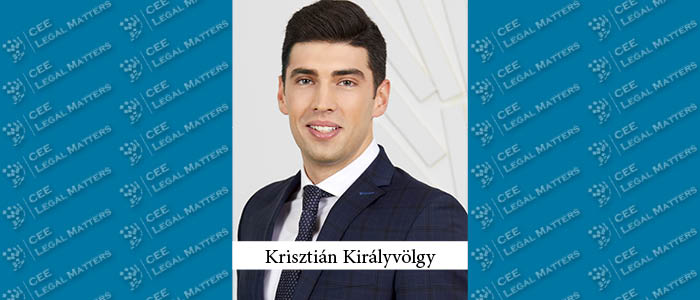On 11 March 2025, the Ministry of National Economy and the National Tax and Customs Administration of Hungary published an opinion regarding the taxation of assigning dividend claims into a trust structure.
Under the Personal Income Tax Act, if an individual has exercised his/her right of disposition over the valuable consideration that comprises the revenue before the actual receipt of that income, the time of exercising that right shall be considered the time of income acquisition – and thus the point when the tax liability arises. However, the second sentence of the same subsection of the Act states that the conclusion of a trust, creation of a foundation (joining a foundation) shall not be considered as exercising the right of disposition in respect of the private individual, acting as principal, or the founder (joining member) of a foundation.
This can be grammatically interpreted as allowing an exception to the general rule, meaning that placing an asset representing income, such as a dividend claim, into a trust does not trigger tax liability. Accordingly, the tax on dividend, which would typically be borne by the private individual, were not paid in practice.
However, in its new opinion mentioned above, the Tax Authority overruled this interpretation by referring to the relevant justification of the Act. It emphasizes that according to the justification, “the purpose of the provision is to ensure that the private individual who is the settlor does not incur a tax liability about the income generated by the assets placed in trust”, and from this it concludes that the exception applies exclusively to the tax liability on the future income of the assets – in this case, the dividend claim –, meaning that it does not relate to the tax liability arising from the placement of the dividend claim, which forms part of the initial capital, into the trust, thus excluding its application.
According to the Tax Authority’s audit plan for 2025, trusts and the related transactions potentially related to tax avoidance will be subject to increased scrutiny.
By Krisztian Kiralyvolgyi, Attorney at Law, KCG Partners Law Firm
